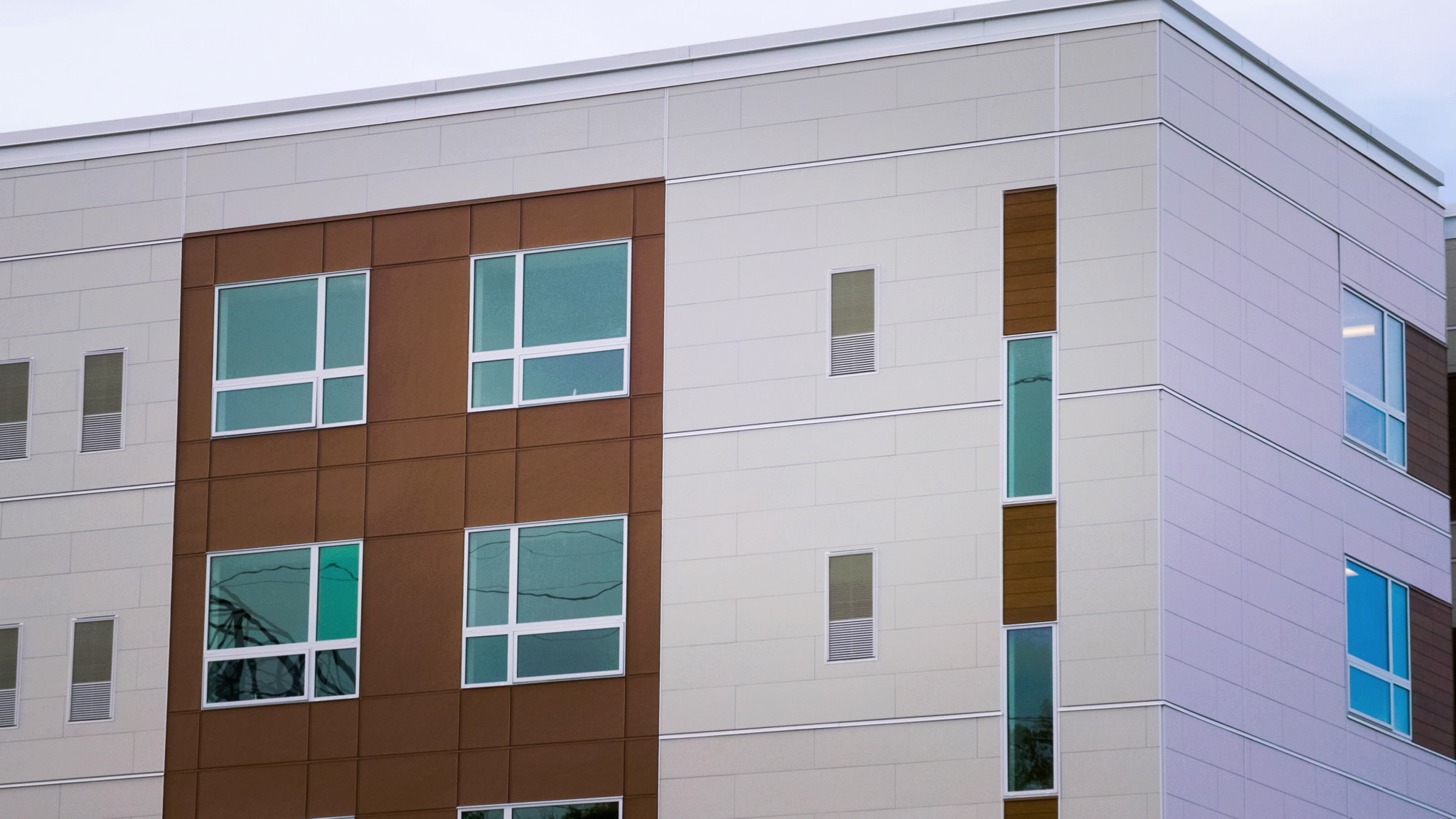Develop Green, Energy-Efficient, Climate-Resilient, Sustainable Housing
Minnesota’s climate has changed and will continue to change, affecting the well-being of our communities. Frequent and intense storms are now occurring more than at any time on record and are damaging Minnesota homes and costing owners and residents millions of dollars in cleanup and repairs.
Housing development and rehabilitation is a significant contributor to energy and material waste and a driver in the use of hazardous materials used to create and maintain housing of all types. At the same time, higher home energy bills are disproportionately affecting people with low incomes. Renters and Minnesotans with fewer financial resources are less able to make money-saving home energy and climate-resiliency upgrades, maintain their indoor air quality and safety and affordably heat and cool their homes. Because of segregation and systemic racism, these environmental issues disproportionately impact Indigenous, Black and people of color.
While Minnesota Housing is a leader in the state’s housing industry in embracing energy-efficient building standards, the Agency recognizes opportunities to make further progress. Data-driven evaluation and decisions can result in the use of less harmful materials and drive down the cost for residents to make improvements that are more resilient and sustainable in the long run.
Key Metrics
The number and share of energy-improvement loans issued to homeowners through Minnesota Housing’s Fix Up Loan program (coming soon)
The number and share of rental projects receiving the enhanced-sustainability selection points in Minnesota Housing’s Consolidated Request for Proposal process for rental housing (coming soon)
Actions
